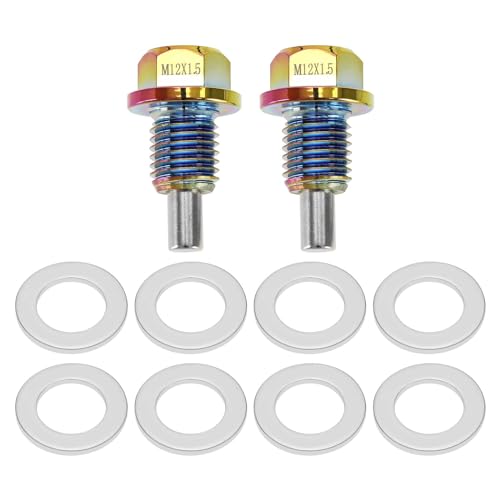Kittyhawk
Established Member
Oil change time on the truck.
The rubber gasket on the sump drain plug looked pretty bad so punched out a new one from some hard 3.2mm rubber sheet that I have.

The problem is that I don't know if the rubber is oil resistant. It is hard but can be dented a little with a thumb nail, has a shiny surface each side and thread mesh inset in the middle of it. It is I believe an industrial product used for gaskets and called insertion rubber. Should really buy a new one but none where I live and the vehicle needs to be back on the road pronto. Can anyone offer any advice or any way to determine if the rubber is oil resistant? Thanks

The rubber gasket on the sump drain plug looked pretty bad so punched out a new one from some hard 3.2mm rubber sheet that I have.

The problem is that I don't know if the rubber is oil resistant. It is hard but can be dented a little with a thumb nail, has a shiny surface each side and thread mesh inset in the middle of it. It is I believe an industrial product used for gaskets and called insertion rubber. Should really buy a new one but none where I live and the vehicle needs to be back on the road pronto. Can anyone offer any advice or any way to determine if the rubber is oil resistant? Thanks


















